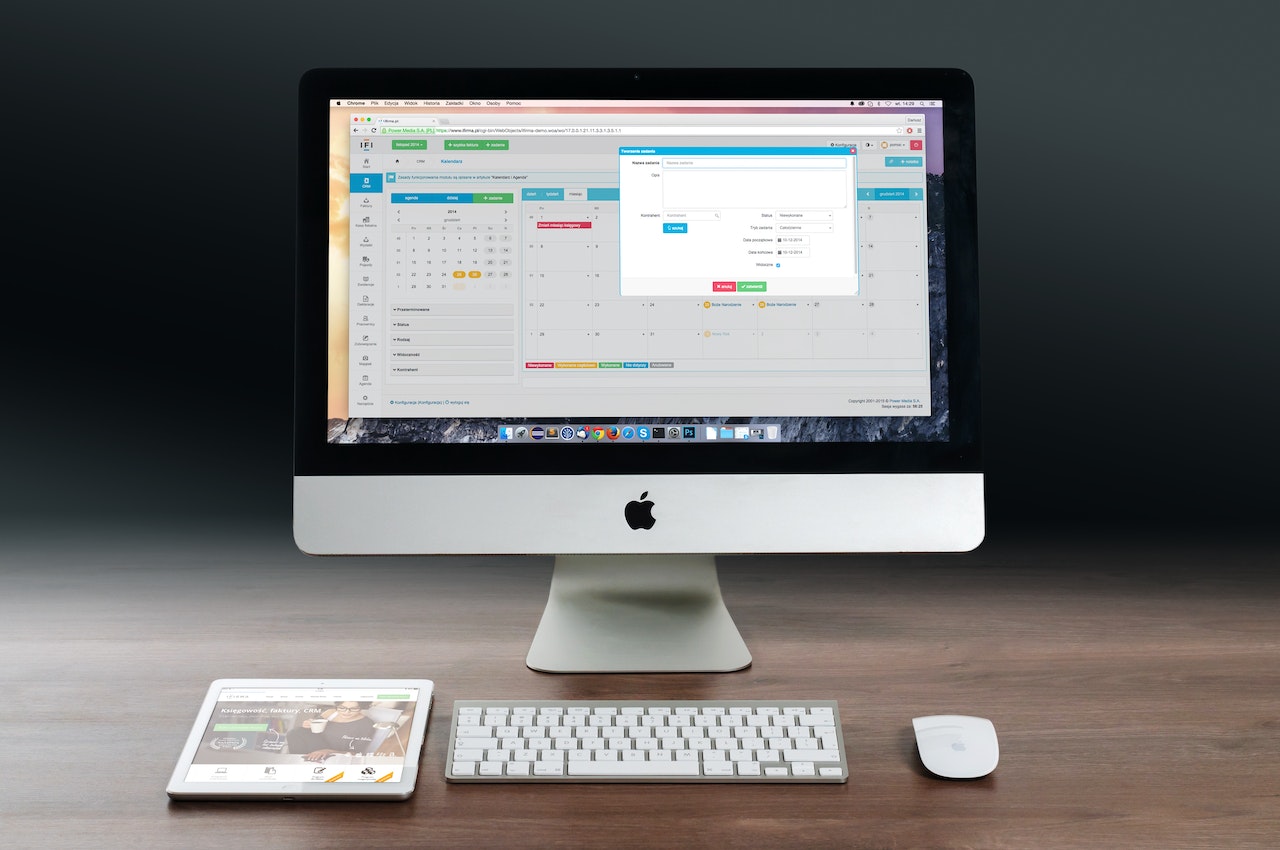Introduction
Why are Macs immune to malware? When it comes to computing devices, few are as coveted as Apple’s Mac line of desktops and laptops. In comparison to traditional Windows PCs, Macs have earned the reputation of being more secure – making them a go-to for users who want to protect their data from cybercrime. But does this reputation hold up in the face of increasingly sophisticated malware threats? In this article, we take a look at why Macs are exempt from malware mayhem, and whether this is something to be celebrated or feared.
Macs: Unscathed from Cyber Mayhem?
When it comes to security protection, Apple safeguards its Mac computers by building sophisticated layers of hardware and software security into the design. These protections include:
System Integrity Protection (SIP)
SIP defends vital system components from tampering and malicious applications from executing.
FileVault
FileVault prevents unauthorized access to users’ data by encrypting it and keeping it secure.
Gatekeeper
Gatekeeper prevents malicious applications from launching and helps keep attackers from accessing the user’s Mac computer without permission. Together, these security features have made Macs practically immune to most malware threats. In addition, the fact that Macs run on the Unix operating system means that they are better protected from viruses than Windows machines which run on more vulnerable Microsoft Windows OS.
Read more: What are the effects of installing pirated or cracked software?
Digging Deeper: Examining the Mac Resistance to Malware
Despite the security features built-in to Macs, it is important to understand that they are not entirely invincible to malicious programs and malware. Because Macs run on Unix, their systems are built differently than Windows computers, making crucial components more secure as they cannot be accessed by traditional Windows-based malware. However, as the security landscape evolves, threat actors have developed ways to get around these traditional defenses. One example of this is a type of banking malware called “Shlayer” which is designed to target Mac systems. In another instance, malicious actors developed malicious Mac applications that are able to bypass security measures and initiate system-level processes.
Why are Macs immune to malware: Conclusion
Mac computers have earned a reputation as being far more secure than traditional PCs but this is a myth that needs to be debunked. While Macs have several built-in security features such as System Integrity Protection, FileVault, and Gatekeeper that make it more difficult for malicious actors to access the system, they are still vulnerable to attack. It is important for Mac users to remain vigilant and keep their systems updated in order to remain safe from cyber-attacks.
What is your experience with malware on Mac? Did you get infected? How did you deal with it?

Aleksandar Paunovski is a Computer Science student at New Bulgarian University. He has more than 20 years of experience with computer systems. Aleksandar knows PHP, JavaScript, C++, CSS, and HTML and is an expert on WordPress, computer security, Linux, Mac OS, Chrome OS, and Windows. When not busy making sites, Aleksandar loves to listen to 90’s music, walk in the park, and post on his blog.

[…] Read More: Why are Macs immune to malware? […]